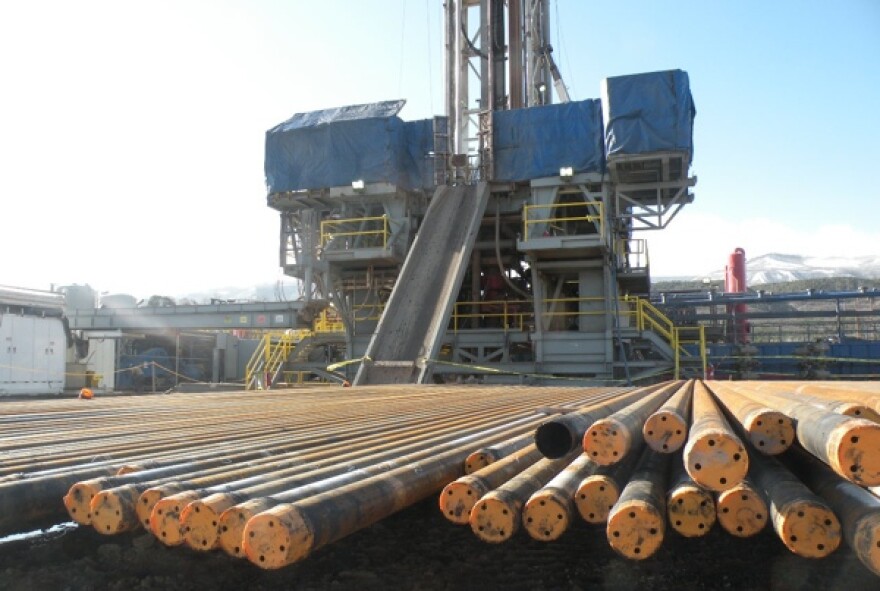The future of hydrofracking in New York State, which has been on hold under a de facto moratorium for almost seven years, may be on shakier ground than ever.
New York’s hydrofracking debate has been under national scrutiny for some time. Those who favor it say fracking will boost rural economies and help communities grow and prosper. Those against sound the alarm that the process will inflict ecological and environmental damage.
The Multi-State Shale Research Collaborative brings together independent, nonpartisan research organizations in New York, Ohio, Pennsylvania, Virginia, and West Virginia to monitor economic trends and community impacts of energy extraction in the Marcellus and Utica Shale. The group has released case studies examining the impact of shale oil and gas drilling on four active drilling communities – Greene and Tioga counties in Pennsylvania, Carroll County in Ohio, and Wetzel County in West Virginia. Judging by the data, New York may need to re-assess fracking.
Frank Mauro with the Fiscal Policy Institute of New York says much can be drawn from the studies. "The case studies are important because they begin the process of clearly identifying and lay the groundwork for quantifying the social and economic costs associated with shale drilling. In the report that the collaborative issued in November that focused on the employment aspects, we documented that the employment effect, both actual and potential, are much lower than had been prophecized by the industry, and we documented enough explanation of that to feel comfortable in saying that the purpose of that exaggeration is to preclude or minimize or actually avoid completely fair taxation, effective regulation and even careful examination. That's being used here in New York to say they shouldn't be going through a careful examination.
Mauro points out that the case studies show that there are real and important costs and the costs have also been minimized and glossed over by the industry. "In terms of employment impact, one of the things that was very clear is that while the number of jobs created by the oil and gas industry itself is relatively small relative to the economy as a whole, 1 per cent 2 per cent whatever, even with that small number of jobs, that jobs have gone substantially to out-of-state workers."
Add to the seemingly vanishing potential for new job creation a recent report that Ohio geologists found what they call "a probable connection" linking fracking to a sudden series of mild earthquakes this year in a region that had never experienced a temblor until recently. In March, Ohio indefinitely shut down Hilcorp Energy’s fracking operation near the Pennsylvania border after five earthquakes, including one magnitude-3 temblor that awoke many Ohioans from their sleep.
John Armstrong is a spokesman for Frack Action and New Yorkers against fracking. "New Yorkers can add that the water contamination, poisoned air, ruined communities, and many many more reasons, why fracking must be banned. It's also important to know that New York City Department of Environmental Protection, the agency in charge of New York City's water, has issued warnings on three separate occasions, the seismic activity from fracking threatens the city's water supply. Their concerns have not been answered or addressed. And the latest earthquakes in Ohio just goes to show the only reason reasonable conclusion from the science and impact of fracking is to ban it outright."
Further muddying the waters: Dr. Nirav Shah leaving his post as state health commissioner as of May. Shah was charged with conducting a health review on high-volume hydraulic fracturing, which has stretched on indefinitely and now may be stalled by his departure, giving state government more wiggle room before making any decision on fracking.
Members of the Joint Landowners Coalition of New York expressed disappointment Shah was unable to complete his review.
The Oil and Gas Association doesn't expect any decision on hydrofracking until long after the November elections.
An official with the Cuomo administration insists fracking remains under evaluation.





